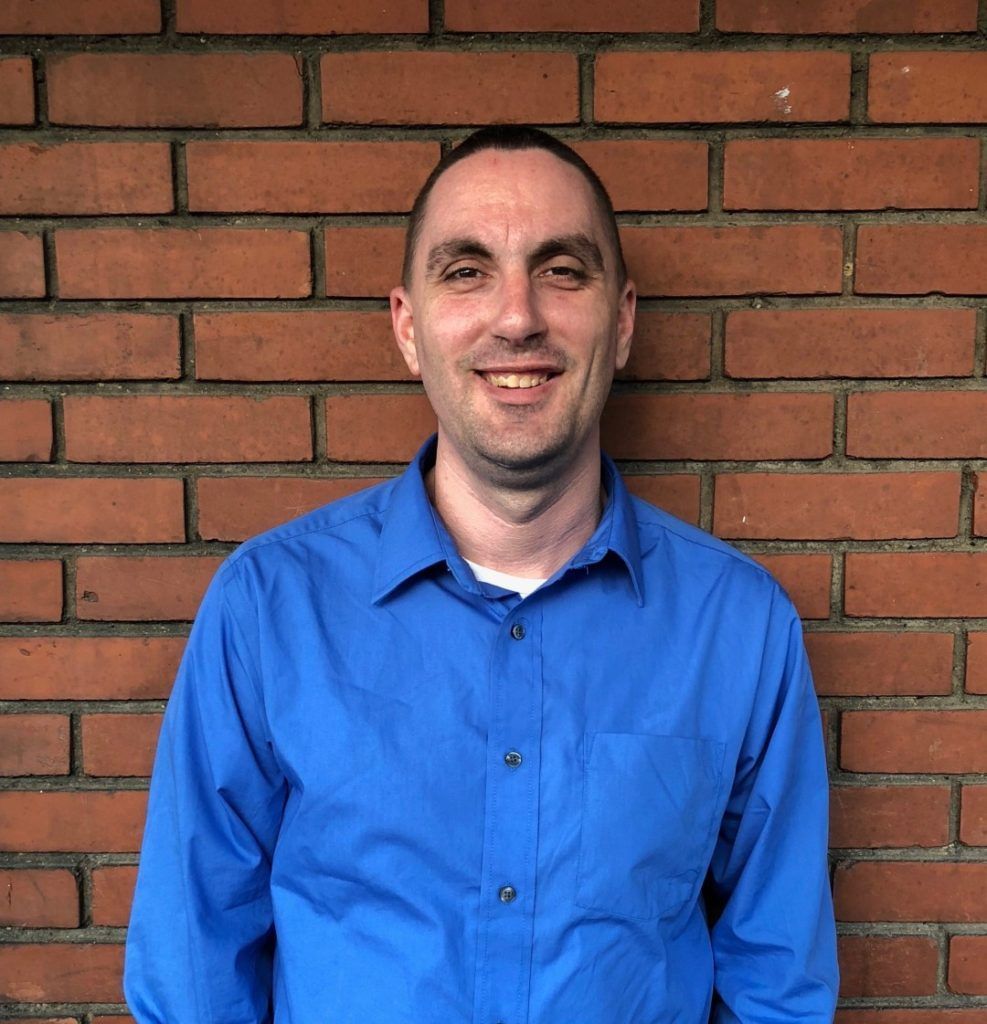
John is the Pastor of Love Carrick. He and his wife Charity together lead a house church that meets at the Concordia House. John graduated from Trinity Bible College with a BA in Intercultural Studies and Biblical Studies and went on to get a MA in Intercultural Studies from Asia Pacific Theological Seminary. He is currently working on his doctorate in Intercultural Studies/Missiology at Fuller Theological Seminary. John has over 17 years of ministry experience, serving in the N. Mariana Islands, the Philippines, Nepal, Minneapolis-St. Paul and Pittsburgh. In 2015, the Trotters moved to the Pittsburgh neighborhood of Carrick with their 3 year old son Amos.
So your church is in Pittsburg, PA. Tell us a little about it!
We are in the Carrick neighborhood of Pittsburgh. Carrick is an urban neighborhood within the city limits and is home to about 10,000 people. We are a low-income, blue-collar community with one of the most diverse schools in the metro. We are home to 1500 Bhutenese-Nepali refugees who have moved to the area in the last decade. There is a lot of civic pride here, a good bus line, and is the destination for a lot of people to get back on their feet again. Though violence, heroin use, and poverty are realities no one can deny, there is a lot of collaboration and resilience among the residents.
Talk to us about when you starting feeling the pull towards church planting, and the process/discussions that followed.
I have been involved in church planting internationally and domestically for a number of years now. I assisted in a church plant in the Philippines, did work among unreached people groups in Nepal, planted an AG international church in Minneapolis-St. Paul, and my family of course launched Love Carrick a little over a year ago. The call to plant Love Carrick was birthed out of a desire to see our community come together through neighborhood focused initiatives revolving around the discipleship process. After living in the community for 3 years we realized that there simply was no church presence that reflected the make up of our community and culture. The story is long but little by little God began to birth the dream of Love Carrick in our hearts.
What are the distinctives you are hoping to embed in the DNA of this new church?
We would like to be neighborhood focused and Gospel centric at the same time. The confusion and cross over between neighborhood org and local church is truly a distinctive we are after. Being hospitable and gathering in homes is somewhat of a distinctive as well; this sets the tone saying to each other and our community that we will know and care for each other deeply. Extravagant prayer is a distinctive that we seek as well. Ensuring that women in leadership is at the top of our list of distinctives is important as well. Community dinners, neighborhood involvement, extravagant prayer, and our Bhutanese-Nepali focus are distinct points for us.
As you think about what you’ve been able to do so far in getting this church plant off the ground, what are some things you have done/tried that have worked well?
Being involved in the neighborhood and partnering well with secular and religious organizations has gone exceptionally well. Being visible and building relationships with neighbors and serving in practical ways seems to be working and bridge building is happening in people’s attitudes towards the church.
What hasn’t worked so well? What have you had to rethink/reimagine/rework?
The balance between gathering and scattering has been a real challenge. In the first several months we were great at scattering but had not developed a great way to gather. Also it is tough in an inner-city neighborhood because you are dealing with a lot of people in dire need where their lives feel like they are falling apart on a frequent basis. I feel like we could improve on seeing some more stable folks from outside of the neighborhood commit to Love Carrick and help balance things out a bit. So there is definite room for growth in that area.What is one failure you experienced and what did you learn from it?By far the biggest challenge this last year has been some inter-personal challenges amongst our leadership. We are still doing all we can to communicate and understand each other well and it has been difficult. What we have learned is that we must own our own sin and shortcomings, apologize well, forgive well, and assume the best in each other.
What is something you’ve been hearing from or learning from God in this last season of planting?
I am learning that a healthy team equals a healthy church. If we can each individually stay healthy, and even better if we as a team stay healthy, the church and community grows and blossoms. Easier said than done.
What do you dream/hope/pray this new church looks like in five years?
I hate this kind of question. I don’t know that I care a great deal what it looks like in 5 years. If we can just keep doing what we have done over the last year – know our neighbors, be involved in the community, multiply house churches, meet people at the point of their need, address our dysfunction appropriately, I will be satisfied in five years. For the sake of the question though, this probably looks like multiple house churches, larger community events, more attendance at community meals, a multiplication of more leaders and hopefully a community that is not so racially divided.







